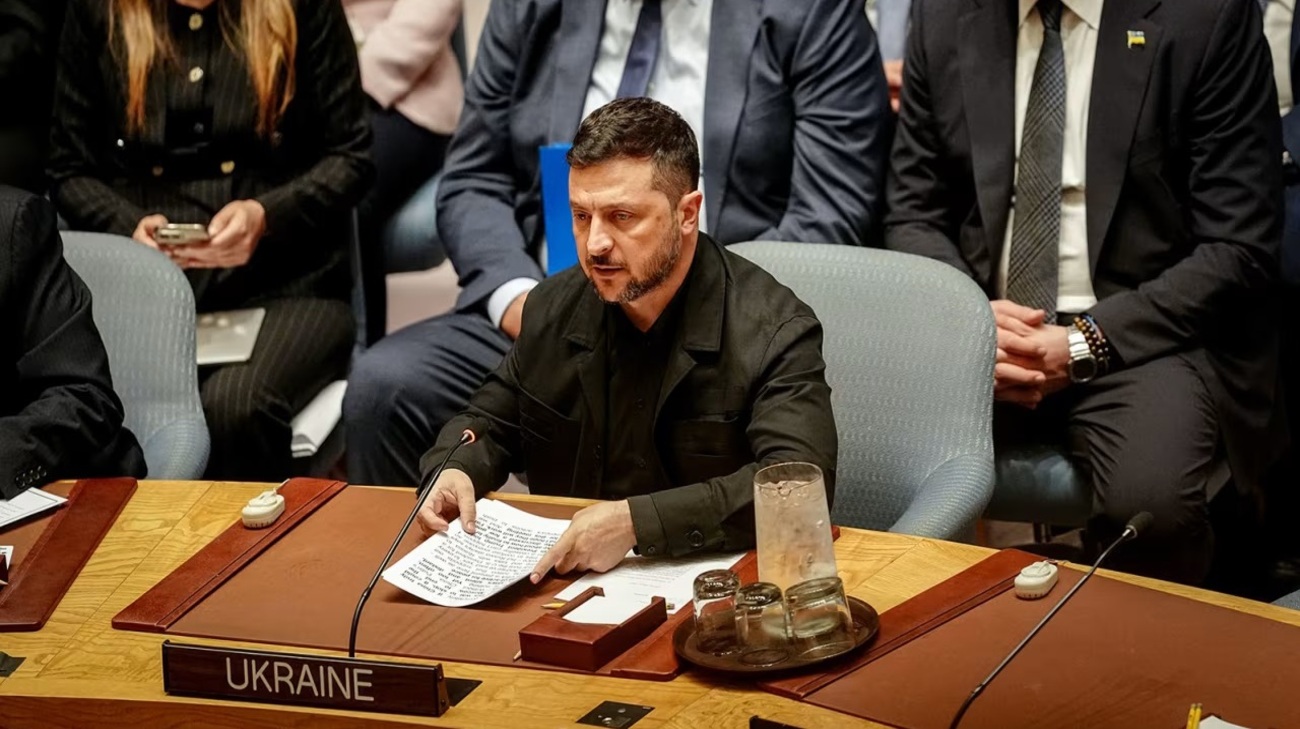Zelensky and Ukraine’s New Security Strategy: Budapest Memorandum in the Past, New Approaches in the Future

Ukrainian President Volodymyr Zelensky delivered a clear message during his recent high-level speech at the UN Security Council session, emphasizing that Ukraine is moving away from relying solely on outdated international security assurances, which proved ineffective.
According to Zelensky, the Budapest Memorandum, signed in 1994 to guarantee Ukraine’s security in exchange for denuclearization, has become an empty promise that failed to deliver.
This signals the need to build a new security architecture based on equal and reliable guarantees.
Zelensky highlighted that Ukraine, together with allies including the United Kingdom, France, and over 30 other countries, is establishing this new security framework, with strong support expected from the United States to ensure Ukraine’s territorial integrity and sovereignty.
Special attention was given to mechanisms that would prevent aggressive actions by Russia from breaching these guarantees again.
During his speech, Zelensky also pointed out that Russia under Vladimir Putin shows reluctance to engage in diplomatic negotiations, appearing only to stall time for further acts of violence and killing, pretending to seek diplomacy.
Meanwhile, U.S.
President Donald Trump expressed confidence that Ukraine can regain control over its territories within internationally recognized borders.
He added that the U.S.
is not yet prepared to discuss specific security guarantees for Kyiv and that he will clarify his stance on Russia’s trustworthiness in a month — a decision he has yet to make, following a recent meeting with Zelensky.
These developments mark a significant shift in Ukraine’s approach to security and international alliances, signaling a move toward building a resilient and independent safety architecture outside the old guarantees that failed during the crisis.

